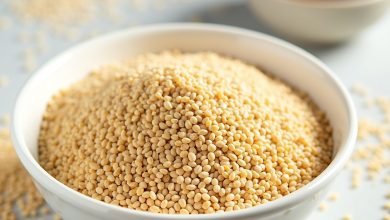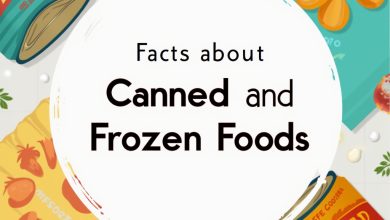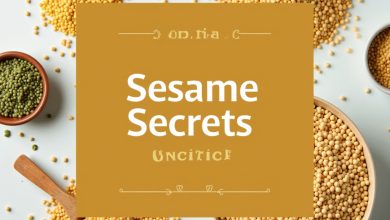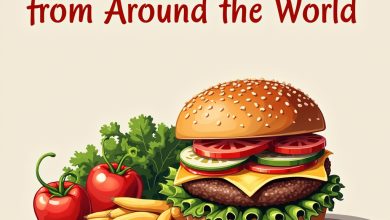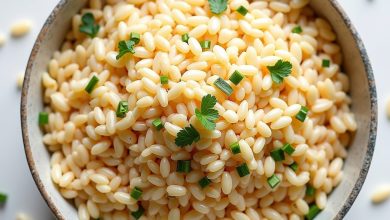Food Myths Debunked: What You Really Need to Know
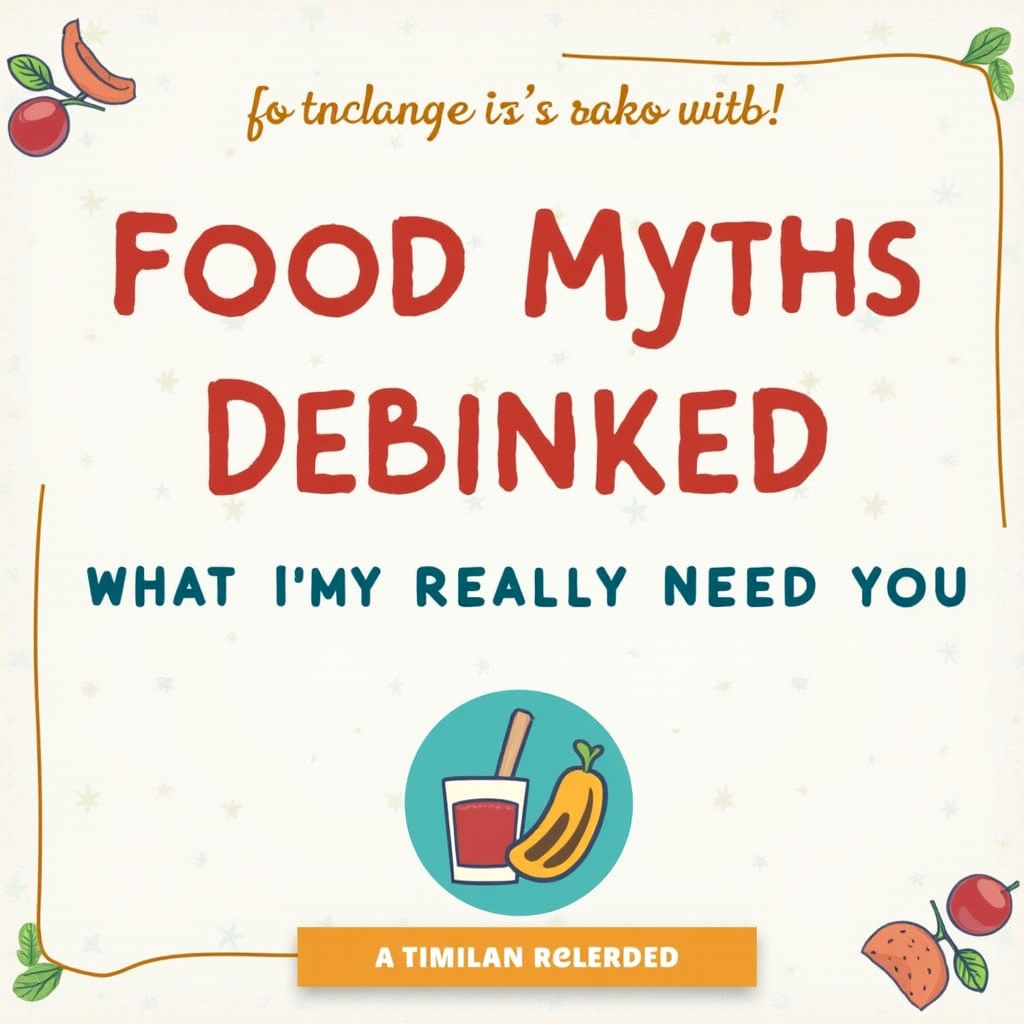
Introduction
In the vast world of nutrition, misinformation is rampant. From diet fads to food trends, many myths surround what we eat and how it affects our health. These myths can lead to confusion and even unhealthy choices. In this article, we will debunk some of the most common food myths and provide you with the facts you need to make informed dietary decisions.
Myth 1: Carbs Are Bad for You
One of the most pervasive myths in recent years is that carbohydrates are unhealthy and should be avoided. In reality, carbohydrates are a vital energy source for our bodies. They are the primary fuel for our brain and muscles. However, not all carbs are created equal:
- Complex Carbohydrates: Found in whole grains, legumes, and vegetables, these carbs are packed with fiber and nutrients.
- Simpler Carbohydrates: Found in sugary snacks and refined grains, these should be consumed in moderation.
Instead of cutting out carbs entirely, focus on choosing whole, unprocessed sources.
Myth 2: Eating Fat Makes You Fat
Another common misconception is that eating fat will lead to weight gain. While it’s true that fats are calorie-dense, they are also essential for numerous bodily functions:
- Energy Source: Fats provide a concentrated source of energy.
- Nutrient Absorption: Certain vitamins (A, D, E, K) are fat-soluble, meaning they require fat for absorption.
- Heart Health: Healthy fats, such as those found in avocados and nuts, can improve heart health.
It’s important to focus on the type of fat consumed rather than eliminating it altogether.
Myth 3: You Need to Detox Your Body
The idea of detoxing has gained popularity, leading many to believe that they need to cleanse their bodies through special diets or juice cleanses. However, our bodies are naturally equipped to detoxify themselves:
- Liver and Kidneys: These organs continuously filter and remove toxins.
- Balanced Diet: Eating a variety of whole foods supports your body’s natural detox processes.
Instead of detox diets, focus on maintaining a balanced diet rich in fruits, vegetables, and whole grains.
Myth 4: All Processed Foods Are Bad
Processed foods often get a bad reputation, but not all processed items are detrimental to your health. The key is to understand the difference:
- Minimally Processed Foods: Items like frozen vegetables or canned beans can be nutritious and convenient.
- Highly Processed Foods: Foods with added sugars, unhealthy fats, and preservatives should be limited.
It’s essential to read labels and choose processed foods wisely, as some can be a part of a healthy diet.
Conclusion
In the world of food and nutrition, it is crucial to differentiate fact from fiction. By debunking these common food myths, we can pave the way for healthier eating habits and a better understanding of our dietary choices. Remember, a balanced approach that includes a variety of foods is key to a healthy lifestyle. Stay informed, and don’t let myths dictate your eating habits!
